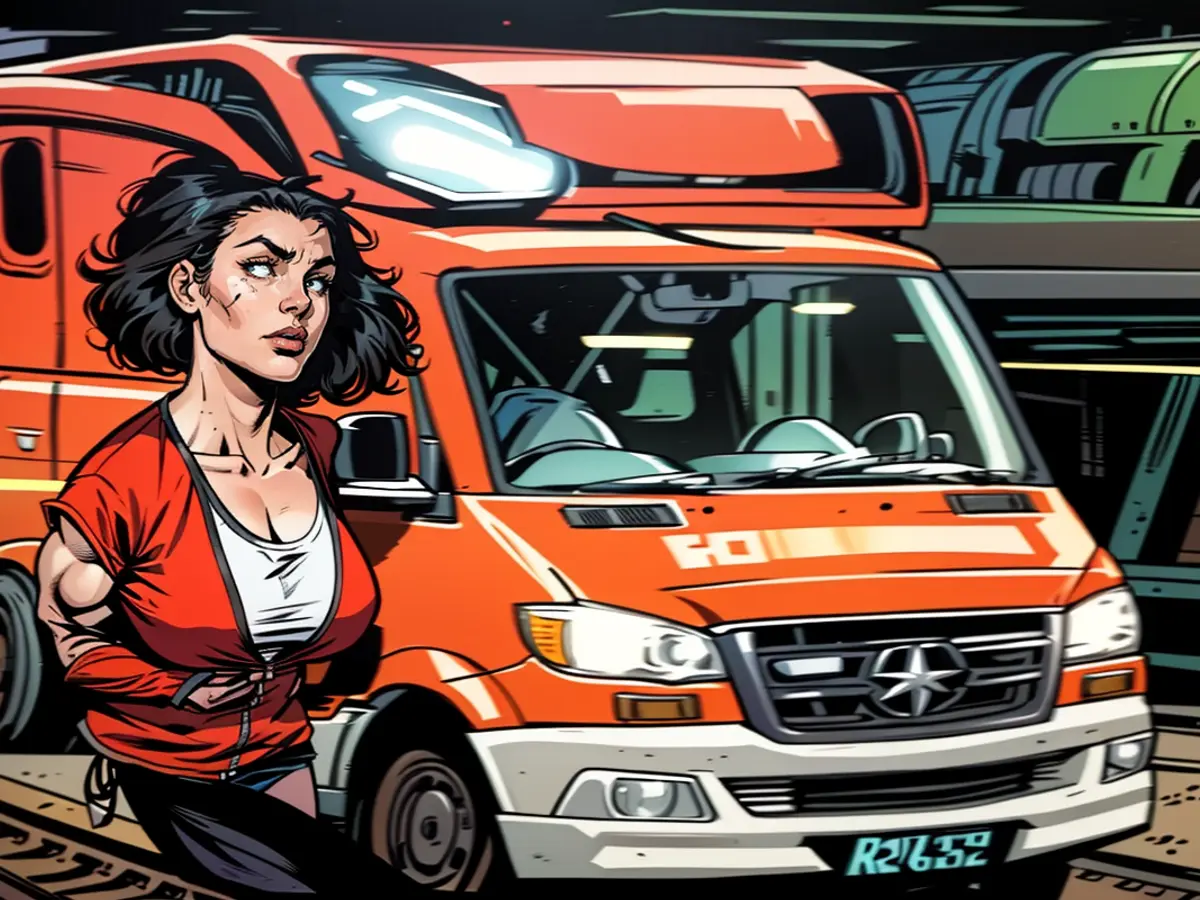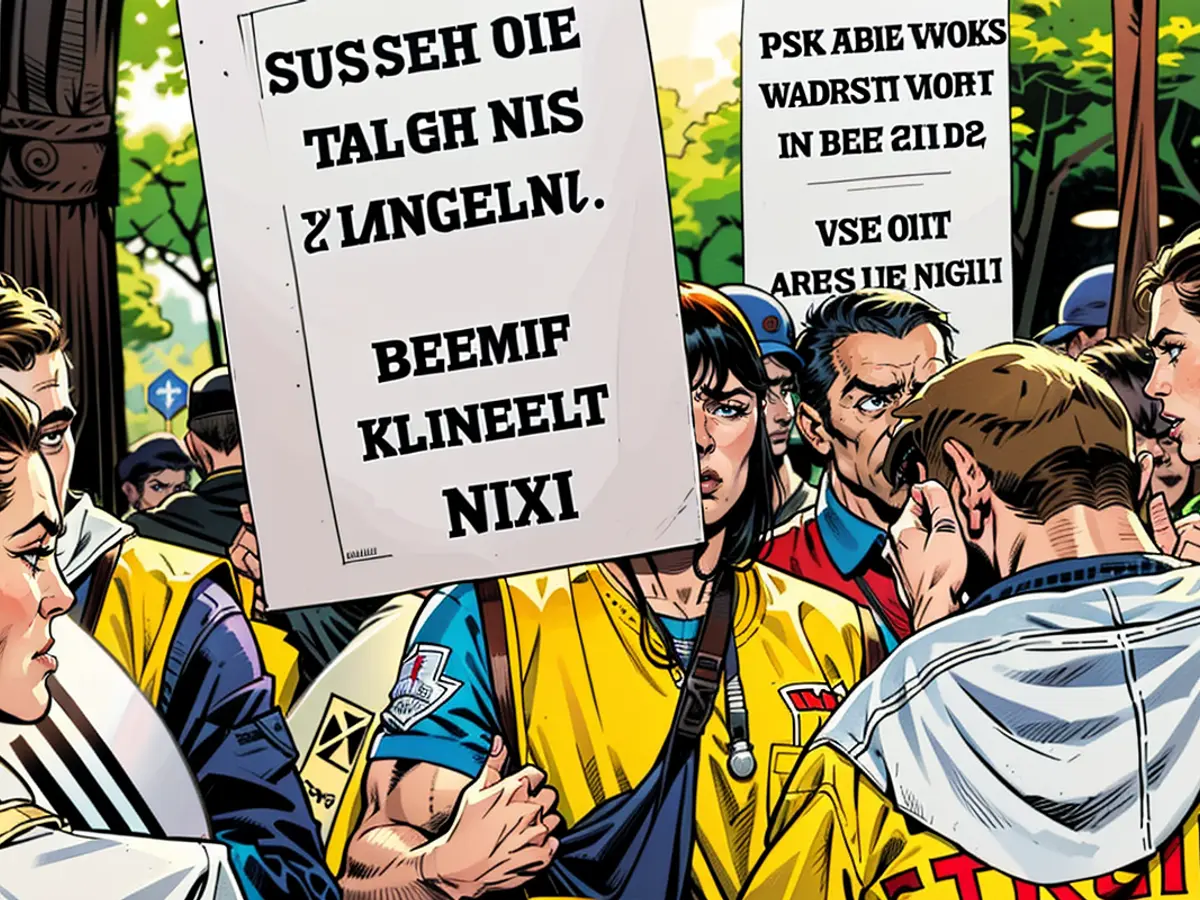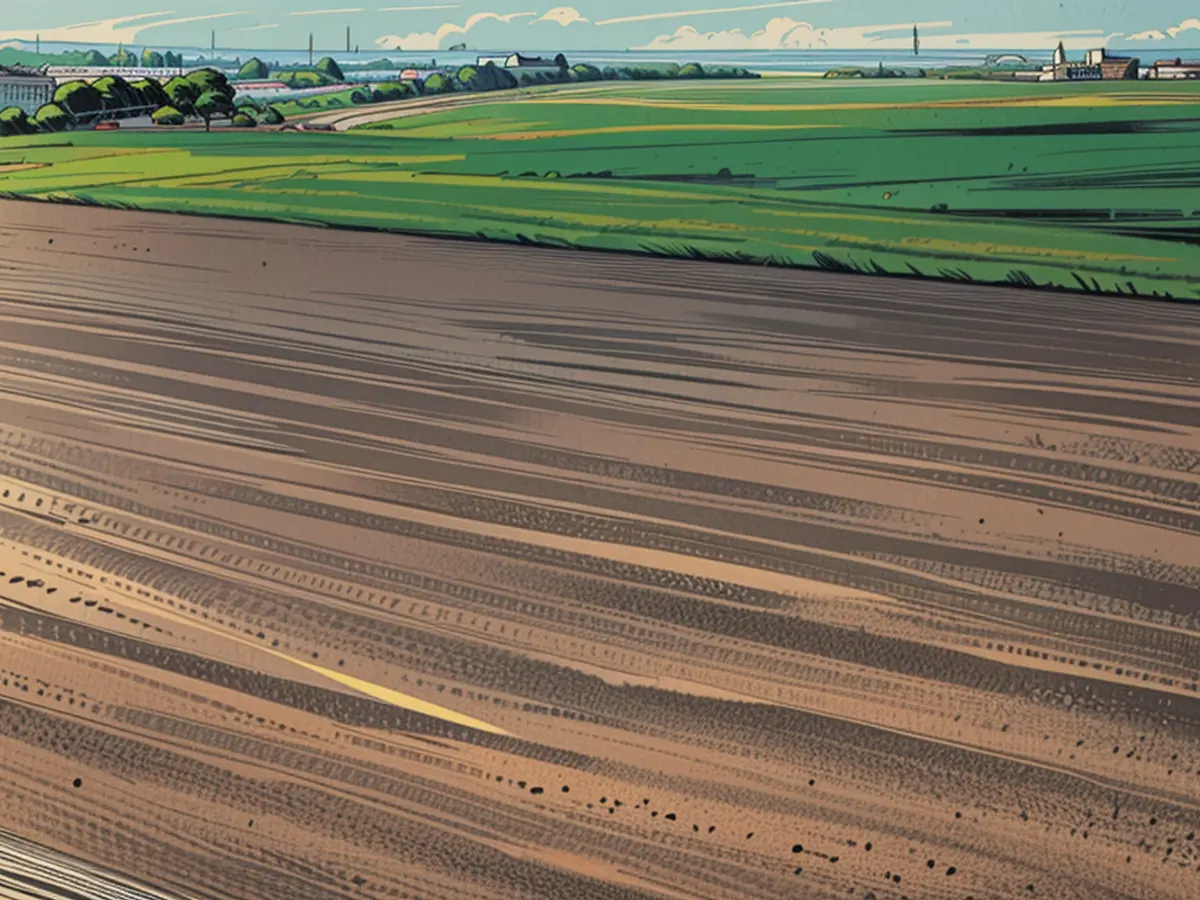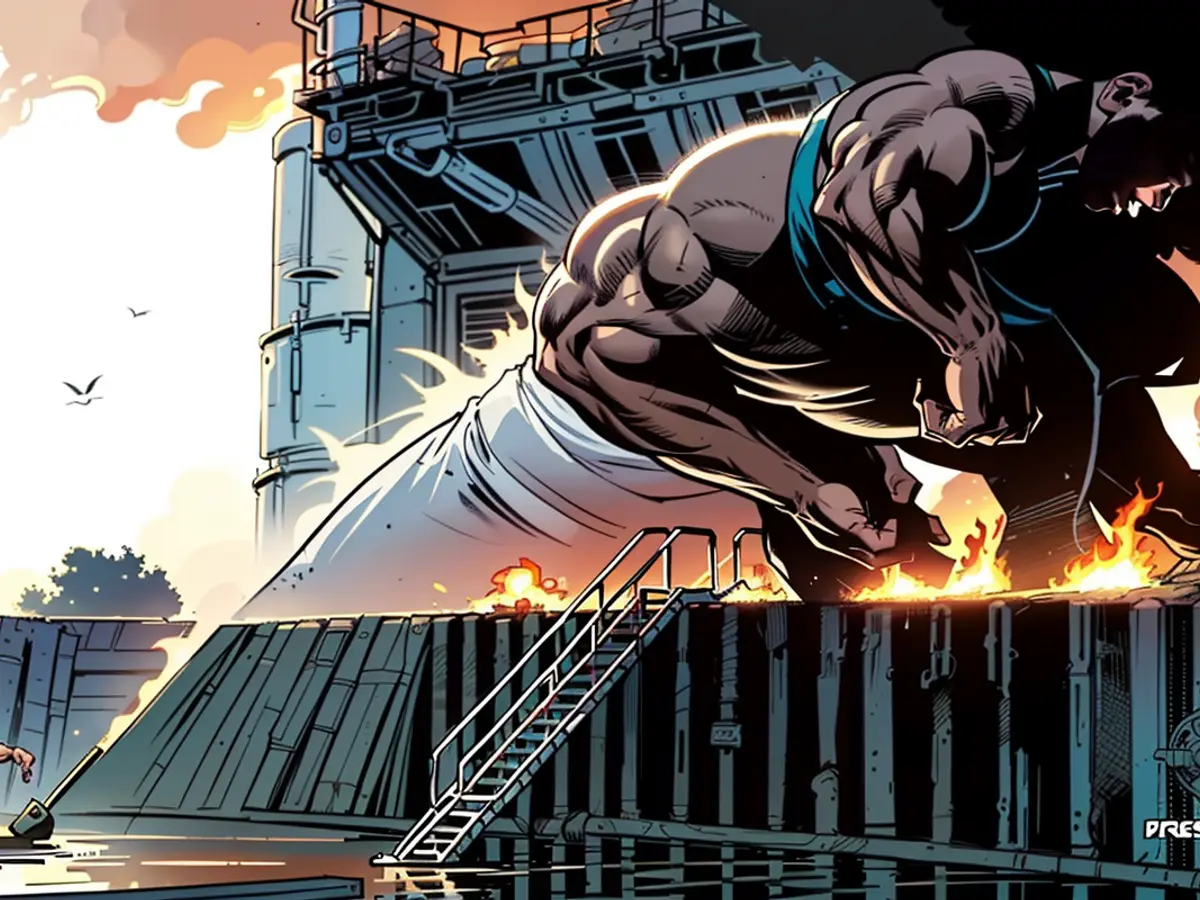- Many municipalities express pessimism about their future prospects.
By 2028, nearly every city and municipality in North Rhine-Westphalia considers their financial status as poor to extremely poor, as per a survey conducted by municipal associations. It's rare for a municipality to achieve a balanced budget within the next five years.
This forms the significant and concerning highlight from the first comprehensive survey of all cities and municipalities in the state. Thomas Eiskirch, the chairman of the Association of Towns, and Christoph Landscheidt, the president of the Association of Towns and Municipalities NRW, announced this in Düsseldorf. Out of a total of 396 municipalities, 217 rate their financial situation for the coming years as "extremely poor". 155 rate it as "fairly poor" and 20 as "average". Not every municipality responded to the question, according to the Association of Towns.
The associations pointed out that the municipalities have been chronically underfunded. Since 2009, the municipalities' social expenses have doubled to reach 24 billion euros last year. Apart from this, there are additional pressures due to the Corona pandemic and the Ukraine war, along with rising interest expenses. "We're running on empty, the last reserves are dwindling away," the two associations cautioned.
They requested an upgrade in the financial resources available to the municipalities. To achieve this, the state needs to enhance the allocations in the municipal financial equalization. The so-called association rate has been insufficient for decades and must be boosted to at least 25%. Currently, the state provides 23% of its income, corporation, and value-added tax share to the municipalities and municipal associations. Furthermore, the municipal associations urge for a resolution to old debts.
The financial situation of North Rhine-Westphalia's cities and municipalities, as depicted in the survey, is largely poor to extremely poor, highlighting a significant challenge. With social expenses doubling since 2009 and additional pressures from the Corona pandemic and Ukraine war, the municipalities are depleting their reserves.




![Various businesses are intensely hunting for proficient employees. Sachs [region] finds an upward...](https://cdn.aussiedlerbote.de/content/images/2024/08/20/445856/jpeg/4-3/1200/75/expanding-resources-for-professionals-introduction-of-specialist-hub.webp)


